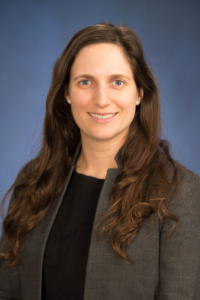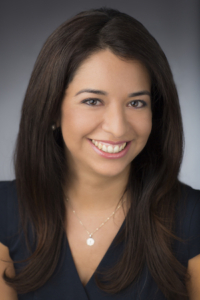 In our careers, we oftentimes think ahead to potential impacts of any move, which while deliberate, can make us hesitant to grab an opportunity that doesn’t fit our exact narrative.
In our careers, we oftentimes think ahead to potential impacts of any move, which while deliberate, can make us hesitant to grab an opportunity that doesn’t fit our exact narrative.
But what might seem like a career deviation can often turn out to be something you should embrace as a real opportunity, says Isela Bahena. “It might seem scary, but looking back I see a lot of growth when I took those chances,” she says. “There will be challenges, but sometimes the bridge is going to look different when you actually cross it.
This outlook has paid off in her career, but her demeanor, as well. In fact, she finds that younger colleagues often ask her why she doesn’t look nervous when changes are announced. “I tell them that’s because in the long run I always see them as opportunities.”
Embracing Change
Bahena has held this attitude throughout her career, which started in public finance and commercial lending, an area that she believes offered a strong foundation in skillsets for what she does now. After five years at Bank of America, she then decided the time was right to earn her MBA and attended Duke University’s Fuqua School of Business. During her summer in between first and second year, she interned at TIAA, Nuveen’s parent company; her lending background attracted them to her as a candidate, and she received a full-time offer to join them after graduation.
She’s been there since 2004, working on a number of teams through various rotations, starting with the private placement and private equity funds and co-investment. She found that to be an especially exciting opportunity as she was the sole associate on the team at the time, supporting seven directors and managing directors.
“I was learning a lot because I was touching all sorts of deals, which quickly expanded my breadth of knowledge,” Bahena says. Her ability to underwrite equity investments was a big advantage, and she was soon tasked with joining a team that was building a new asset class in private equity infrastructure. A decade later, she is driving strategy as a senior member of the team. “Generating ideas and envisioning what the business will look like as part of the broader organization is exciting, and this is one of the most interesting things I’ve done,” Bahena says.
There is growing interest in the sector where she invests, as well as ESG and impacts of climate change, where the firm is a leader globally. “I am at exactly the right juncture to showcase our strength and leadership to the market.”
Subtly Encouraging Diversity
While progress has been made, Bahena points out that finance is still a very male-dominated industry, and she believes that increasing awareness is the first step to be more inclusive. What happens, she finds, is that successful professionals often look for a younger version of themselves in candidates, but she notes that we need to collectively change that perspective to introduce more diversity in the industry.
“You have to be able to see other versions of yourself so you can share opportunities with those who don’t look just like you,” she says. For example, when a male colleague mentions that a new candidate or hire reminds him of his younger self, she suggests he think about someone who reminds him of a daughter or niece as well. “I look forward to being part of that change,” she says.
Throughout your career, she says it’s vital to always keep learning and adding to your tool kit. “It keeps you fresh and keeps your career interesting,” she says. In fact, one of the professional achievements Bahena is most proud of was being chosen to participate in the Emerging Leaders program in 2012, an opportunity that allowed her to meet a small group of colleagues who are now leaders all over the organization. “It was a nice pat on the back to be included and it was important for my growth and development,” Bahena says.
While she appreciates participating in industry-oriented events targeted toward women as a way to collaborate and discuss challenges, the goal, of course, is that women won’t need those to thrive.
When mentoring others in her organization, either formally or informally, she encourages them
to consider the brand they want to portray. “What adjectives do you want colleagues to consider when your name is said? That impression will precede you, so you want to make sure you’re building the reputation you want to have to the best of your ability.”
Always Giving Back
Bahena says that philanthropy has been an important component of her life she has embraced for a long time—not just giving money, but also time and expertise.
“I stand on the shoulders of many who came before me to lay this foundation to be where I am today so I believe it’s my responsibility to help out,” she says. That’s why she donates her time to a number of different causes, such as education, where she has served on the board of a charter school; as well as working with nonprofits in a variety of areas, from a legal fund to community-oriented grassroots organizations focused on causes from women’s rights to climate change.
As the eldest daughter of Mexican immigrants, she believes her family set the stage for looking at different perspectives and viewpoints from a very young age. “My upbringing also helped me look at the future as being a glass that is half full, and seeing that empty half as an opportunity with room for me to fill it with more water.”


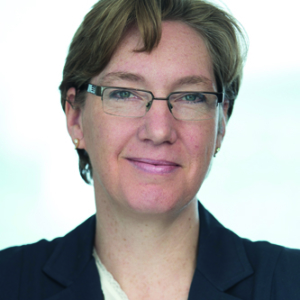
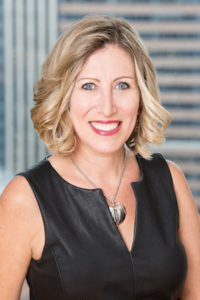
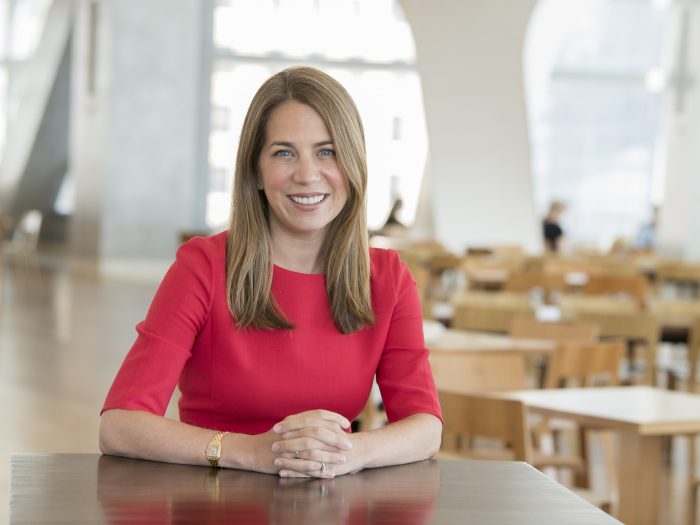
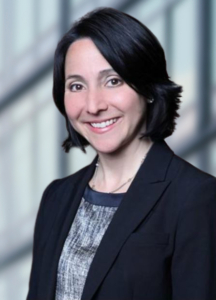
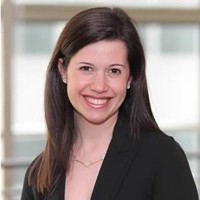
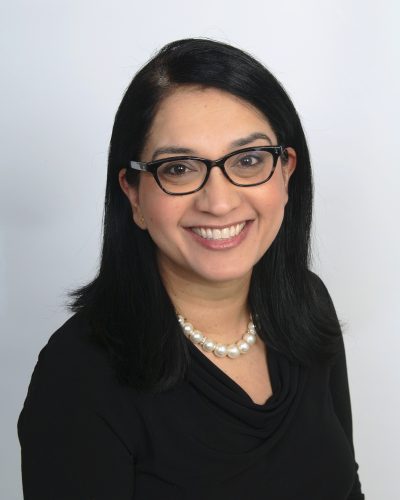 When Harp Rana’s daughter was younger, and they watched Scooby Doo together, she would say, “Be a Velma, not a Daphne, but don’t let Fred take all the credit.”
When Harp Rana’s daughter was younger, and they watched Scooby Doo together, she would say, “Be a Velma, not a Daphne, but don’t let Fred take all the credit.”
